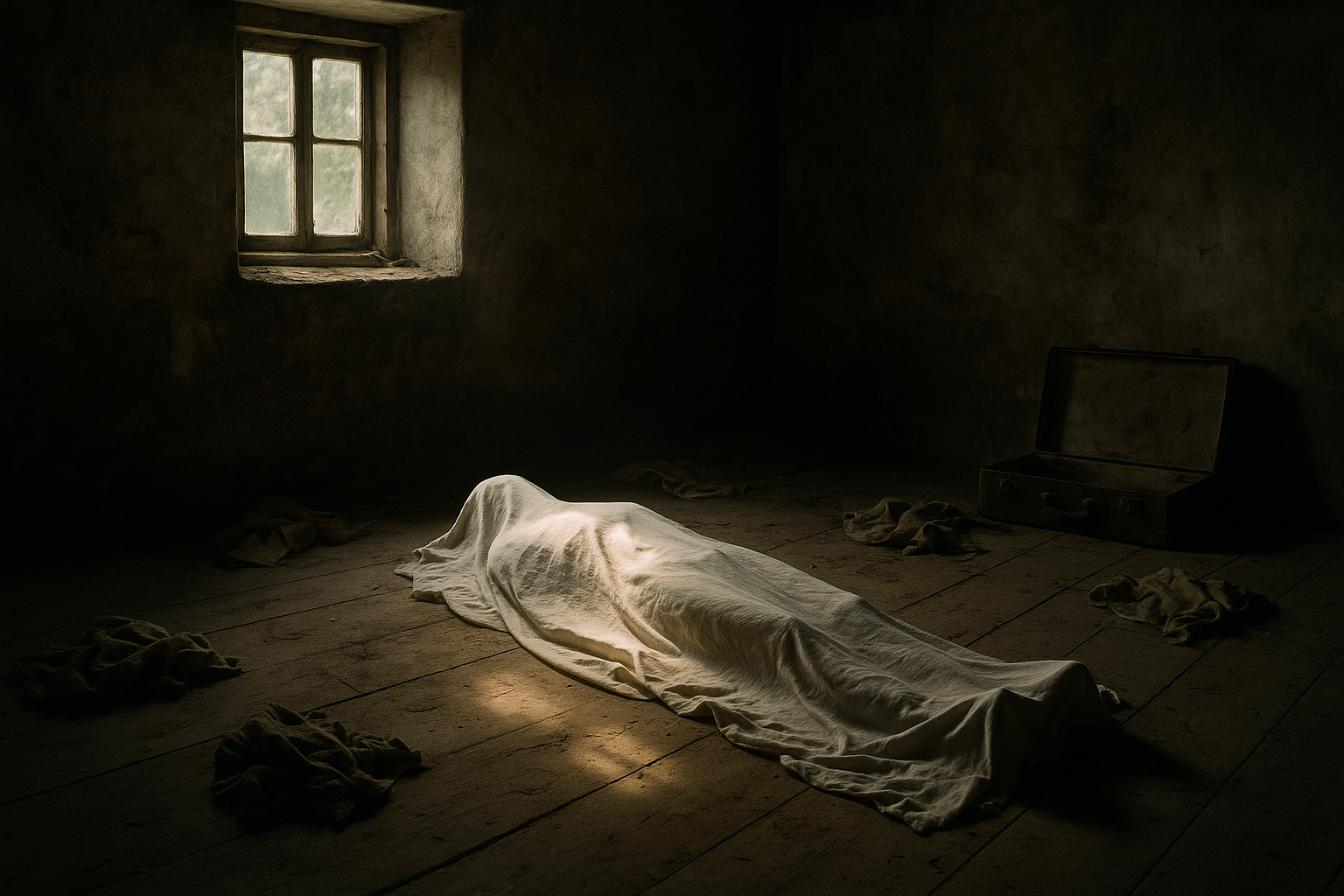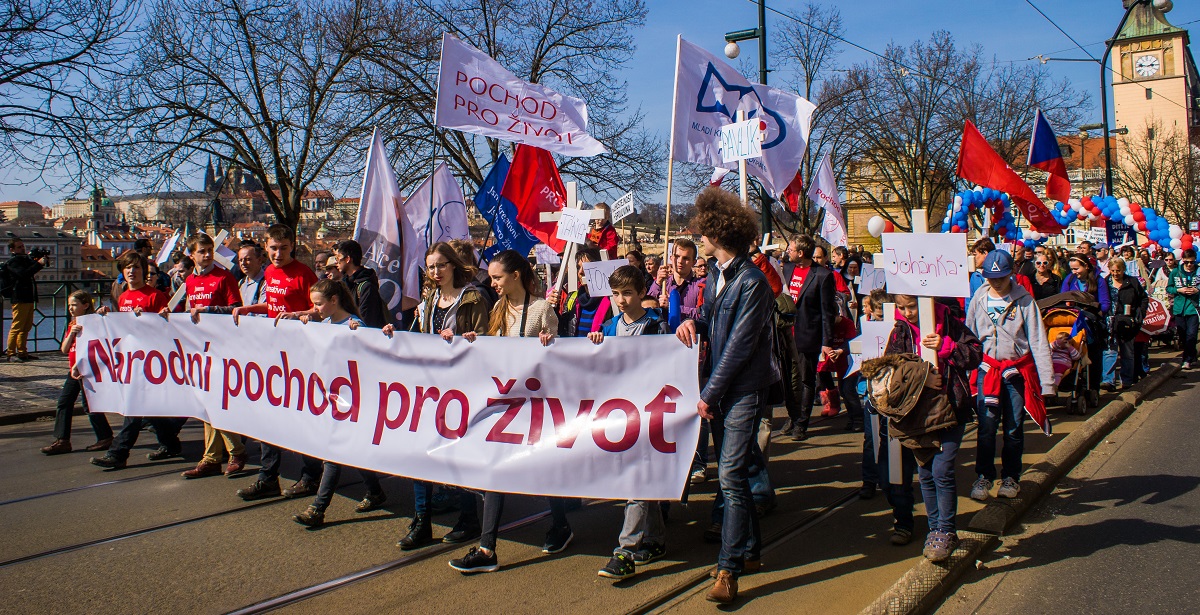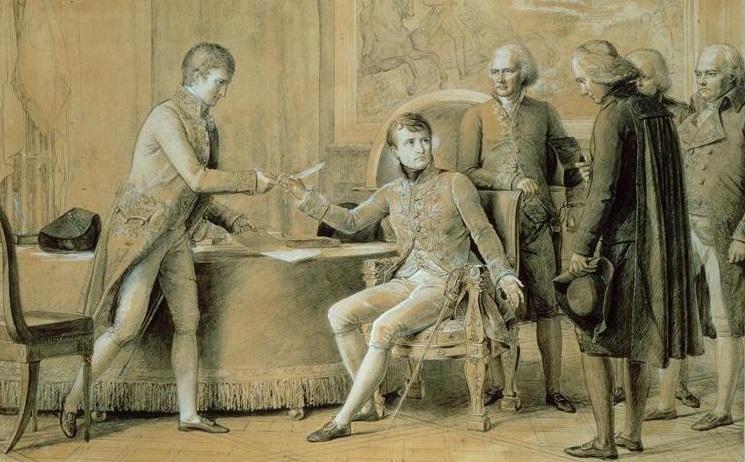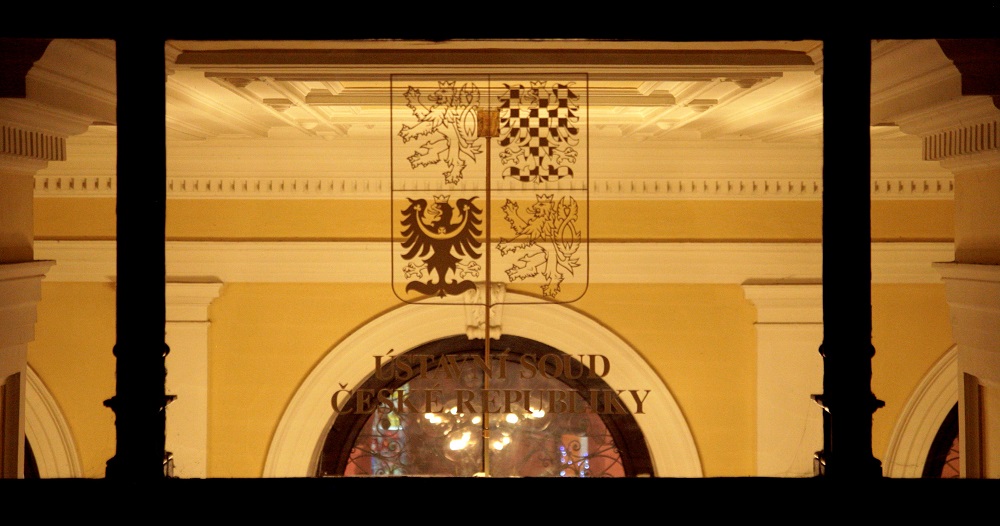The assassination of Charlie Kirk, a profoundly polarizing American right-wing influencer and debateur, sent shockwaves across the Atlantic earlier this month. But few could have predicted the surreal chapter of this story would be written in Prague. In a move that has bewildered and angered many, Cardinal Dominik Duka, a senior conservative figure in the Czech Catholic Church, who we criticised repeatedly, announced a high-profile memorial mass for Kirk, to be held in the city’s historic Týn Church.
This event is far more than a simple prayer for a departed soul. It is a calculated political act, one that has ignited fierce debate and exposed a deep, troubling rift within Czech Catholicism itself. The decision to elevate a foreign, non-Catholic extremist to the status of a political martyr reveals a great deal about the current leadership of the Czech Church and its eager embrace of divisive, imported culture-war tactics.
Who Was Charlie Kirk?
Charlie Kirk was not merely a conservative commentator; he was an architect of the modern American hard-right. As the founder of Turning Point USA, he was a staunch ally of Donald Trump and a master of inflammatory rhetoric. His public career was built on attacking his political opponents in the most aggressive terms.
His positions included denying the results of democratic elections, describing transgender identity as a “delusion,” and campaigning for the complete abolition of abortion without exceptions. His organization maintained “watchlists” to intimidate university professors with whom they disagreed. Perhaps most jarringly for a country still healing from the recent tragedy of a mass shooting, Kirk was a fervent gun advocate who once suggested public executions could serve as an “initiation ritual” for children. This is the man Cardinal Duka and his allies have chosen to publicly sanctify.
An Unseemly Canonization
The official justification for the mass, echoed by its co-organizer, city representative Jan Wolf (KDU-ČSL, Catholic party), is that it represents a stand against political violence and hatred. And Kirk, in Duka’s framing, is a man of “courage in his faith” who fell victim to the forces of intolerance.
This narrative collapses under the slightest skeptical scrutiny. The hypocrisy is stark when one contrasts this grand memorial with the Church’s deafening silence on the murder of Melissa Hortman, a progressive and devoutly Catholic American politician who was killed by a right-wing extremist few months ago. There were no masses for her in Prague, no calls to honor her courage, no articles.
The message is clear: the motivation is not pastoral, but political. Kirk’s utility is not in his faith, but in his ideology. The backlash from the Czech Catholic laity was so immediate that the official church website, cirkev.cz, had to shut down the comments section on its announcement.
By holding this mass, Duka is not mourning a man; he is importing a conflict. He is using Kirk as a symbolic cudgel in the American-style culture war he seems intent on waging in the Czech Republic—a war against secularism, LGBTQ+ rights, and reproductive freedom.
It also raises a fundamental question of values. How does celebrating a figure known for his hateful and dehumanizing rhetoric align with the Christian principles of empathy, compassion, and love for one’s neighbor? Kirk himself was famously quoted as despising empathy, viewing it as a weakness. That such a man is now being presented as a martyr by church leaders is a deeply cynical maneuver.
A Church at a Crossroads
The memorial mass for Charlie Kirk is not an isolated incident. It is a statement of intent from the conservative faction of the Czech Catholic Church. It signals a definitive turn away from spiritual guidance and toward raw political warfare, aligning itself with the most extreme elements of a foreign political movement.
In a final, bitter irony, a wreath for Kirk, the man who saw value in executions as public spectacle, will be placed at the Marian Column in Prague, a site once intended as a symbol of reconciliation.
The Church leadership appears determined to consolidate its political power, even at the cost of alienating its own followers. However, the growing and vocal dissent from within the laity suggests that a significant portion of Czech Catholics have no desire to be drafted as soldiers in a foreign culture war.
The crucial question remains: Is their leadership listening?
Sources:










